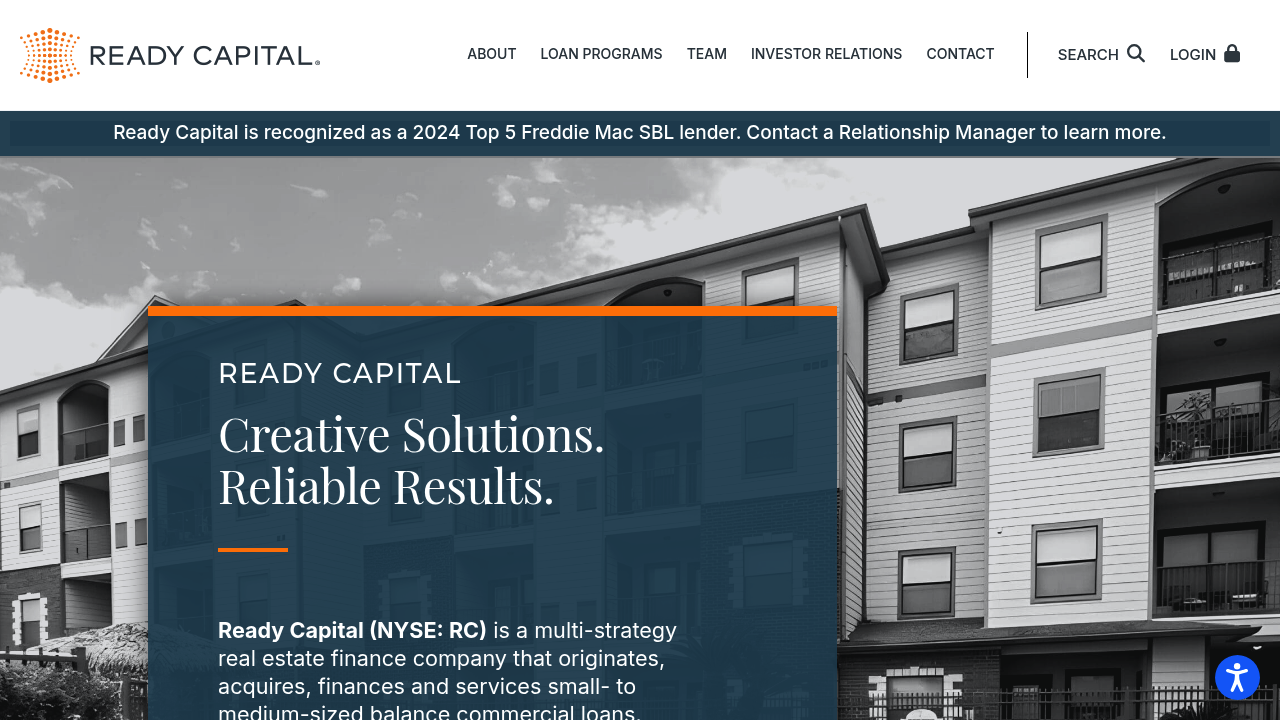Construction Machinery Manufacturing
333120
SBA Loans for Construction Machinery Manufacturing: Financing Growth in Heavy Equipment Production
Introduction
From excavators and bulldozers to cranes and concrete mixers, Construction Machinery Manufacturing (NAICS 333120) powers the infrastructure and development projects that shape our cities and communities. These manufacturers design, build, and supply the heavy machinery that construction companies rely on daily. But operating in this industry comes with steep financial challenges—massive equipment costs, supply chain volatility, and the constant demand for innovation.
Traditional lenders often hesitate to finance machinery manufacturers due to high capital requirements and cyclical demand tied to construction markets. That’s why SBA Loans for Construction Machinery Manufacturing can provide a much-needed solution. Backed by the U.S. Small Business Administration, SBA loans offer affordable financing with lower down payments, longer repayment terms, and flexible usage options that help manufacturers stay competitive and expand operations.
Industry Overview: NAICS 333120
Construction Machinery Manufacturing (NAICS 333120) covers establishments primarily engaged in manufacturing heavy-duty equipment for construction, mining, and infrastructure projects. This includes earthmoving machinery, cranes, pavers, mixers, and related parts.
The industry is essential to the U.S. economy, fueling infrastructure development, roadbuilding, and large-scale projects. However, manufacturers face challenges such as high research and development (R&D) costs, raw material price fluctuations, labor shortages, and intense global competition. Staying ahead requires significant capital investment in both equipment and workforce.
Common Pain Points in Construction Machinery Manufacturing Financing
From manufacturing forums, Quora discussions, and Reddit’s r/Manufacturing community, here are the most pressing financing challenges in the industry:
- High Production Costs – Developing and producing heavy equipment requires multimillion-dollar investments in machinery and facilities.
- Supply Chain Volatility – Steel, hydraulics, and electronic components are subject to fluctuating prices and availability.
- R&D Investment – Meeting new safety, efficiency, and emissions standards demands ongoing research and costly innovations.
- Skilled Labor Shortages – Recruiting and training specialized engineers and machinists requires significant payroll commitments.
- Cash Flow Strain – Long production cycles and delayed payments from large contracts create working capital gaps.
How SBA Loans Help Construction Machinery Manufacturers
SBA financing helps manufacturers overcome these financial hurdles by providing accessible, government-backed funding. Here’s how different SBA loan programs apply:
SBA 7(a) Loan
- Best for: Working capital, refinancing, or equipment purchases.
- Loan size: Up to $5 million.
- Why it helps: Flexible funds to cover payroll, raw materials, or upgrades to production lines.
SBA 504 Loan
- Best for: Real estate and major machinery purchases.
- Loan size: Up to $5.5 million.
- Why it helps: Perfect for building new facilities, expanding production space, or purchasing high-value manufacturing equipment.
SBA Microloans
- Best for: Smaller firms or specific upgrades.
- Loan size: Up to $50,000.
- Why it helps: Useful for small equipment, safety upgrades, or marketing initiatives.
SBA Disaster Loans
- Best for: Recovery from natural disasters that damage production capacity.
- Loan size: Up to $2 million.
- Why it helps: Provides emergency funds to repair facilities or replace damaged equipment after floods, storms, or fires.
Step-by-Step Guide to Getting an SBA Loan
- Check Eligibility – Must be a U.S.-based, for-profit manufacturer with good credit (typically 650+), and the ability to demonstrate repayment capacity.
- Prepare Documentation – Include tax returns, production contracts, financial statements, and equipment cost estimates.
- Find an SBA-Approved Lender – Seek lenders familiar with manufacturing and industrial businesses.
- Submit the Application – Detail how the funds will strengthen operations or expand capacity.
- Approval & Funding – With SBA guarantees up to 85%, lenders are more likely to approve. Typical processing time is 30–90 days.
FAQ: SBA Loans for Construction Machinery Manufacturing
Why do machinery manufacturers struggle to secure bank loans?
Banks often see the industry as high-risk due to cyclical demand, large capital needs, and long production cycles. SBA guarantees reduce lender risk, making approval more likely.
Can SBA loans finance heavy-duty manufacturing equipment?
Yes. SBA 7(a) and 504 loans can both fund CNC machines, assembly lines, and advanced production equipment.
What down payment is required?
SBA loans typically require 10–20% down, compared to 25–30% for conventional financing.
Are small or startup manufacturers eligible?
Yes. SBA microloans and 7(a) loans are suitable for small firms or startups, especially with strong business plans and experienced leadership.
What are the typical loan terms?
- Working capital: Up to 7 years
- Equipment: Up to 10 years
- Real estate: Up to 25 years
Can SBA loans be used for R&D or compliance investments?
Yes. Many manufacturers use SBA financing to fund research, meet safety/emissions regulations, or adopt new technologies.
Final Thoughts
The construction machinery manufacturing industry is vital to infrastructure development but faces heavy financial pressures. SBA Loans for Construction Machinery Manufacturing give business owners the capital they need to invest in facilities, equipment, and workforce—helping them stay competitive in a global marketplace.
Whether you’re expanding production, upgrading equipment, or stabilizing cash flow, SBA financing provides an affordable pathway to sustainable growth. Connect with an SBA-approved lender today to explore your options.
Filters
Tags
#Preferred Lenders Program
#SBA Express Program
#Existing or more than 2 years old
#Startup
#Loan Funds will Open Business
#Change of Ownership
#New Business or 2 years or less
#7a General
#Variable Rates
#Fixed Rates
#Asset Base Working Capital Line (CAPLine)
#International Trade Loans
#Export Express
#7a with WCP
#Contract Loan Line of Credit (CAPLine)
#7a with EWCP
#Preferred Lenders with WCP
#Preferred Lenders with EWCP
#Seasonal Line of Credit (CAPLine)
#Builders Line of Credit (CAPLine)





